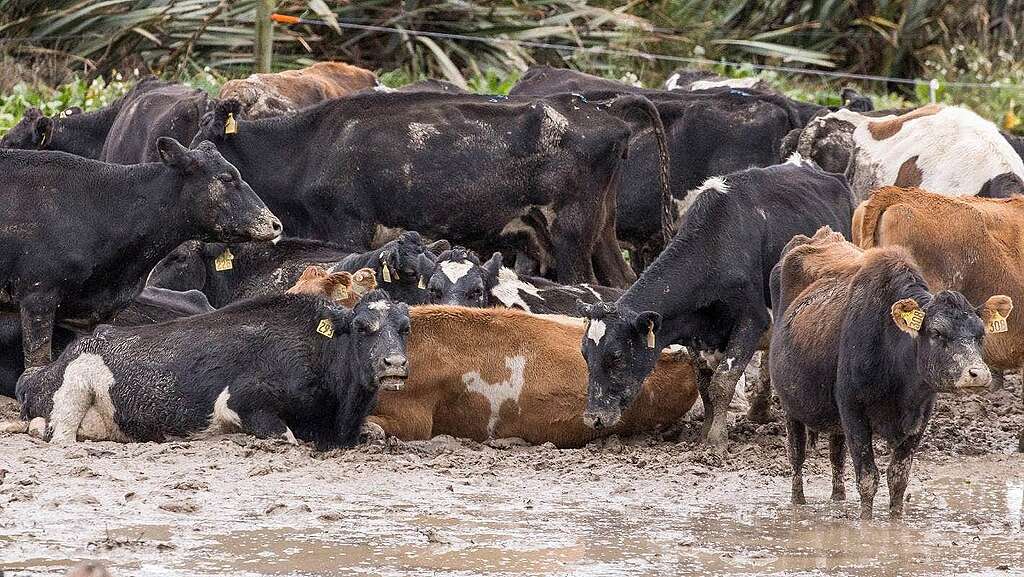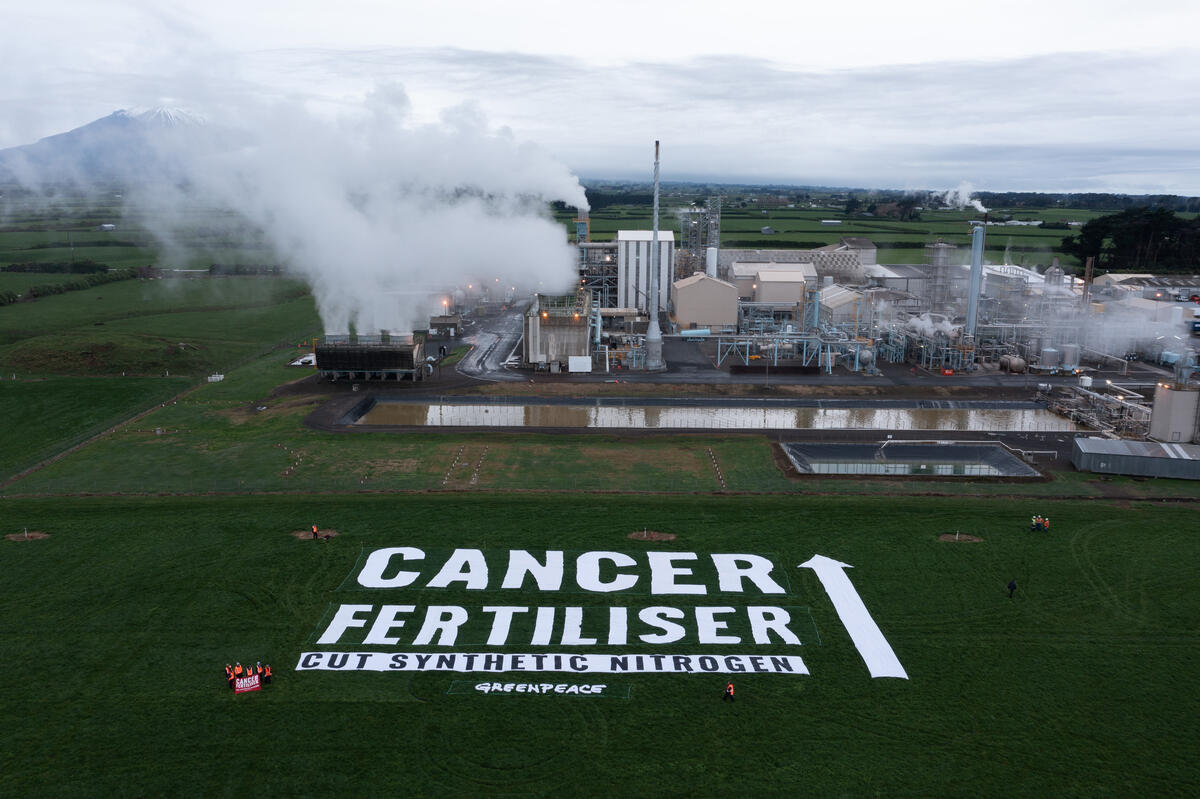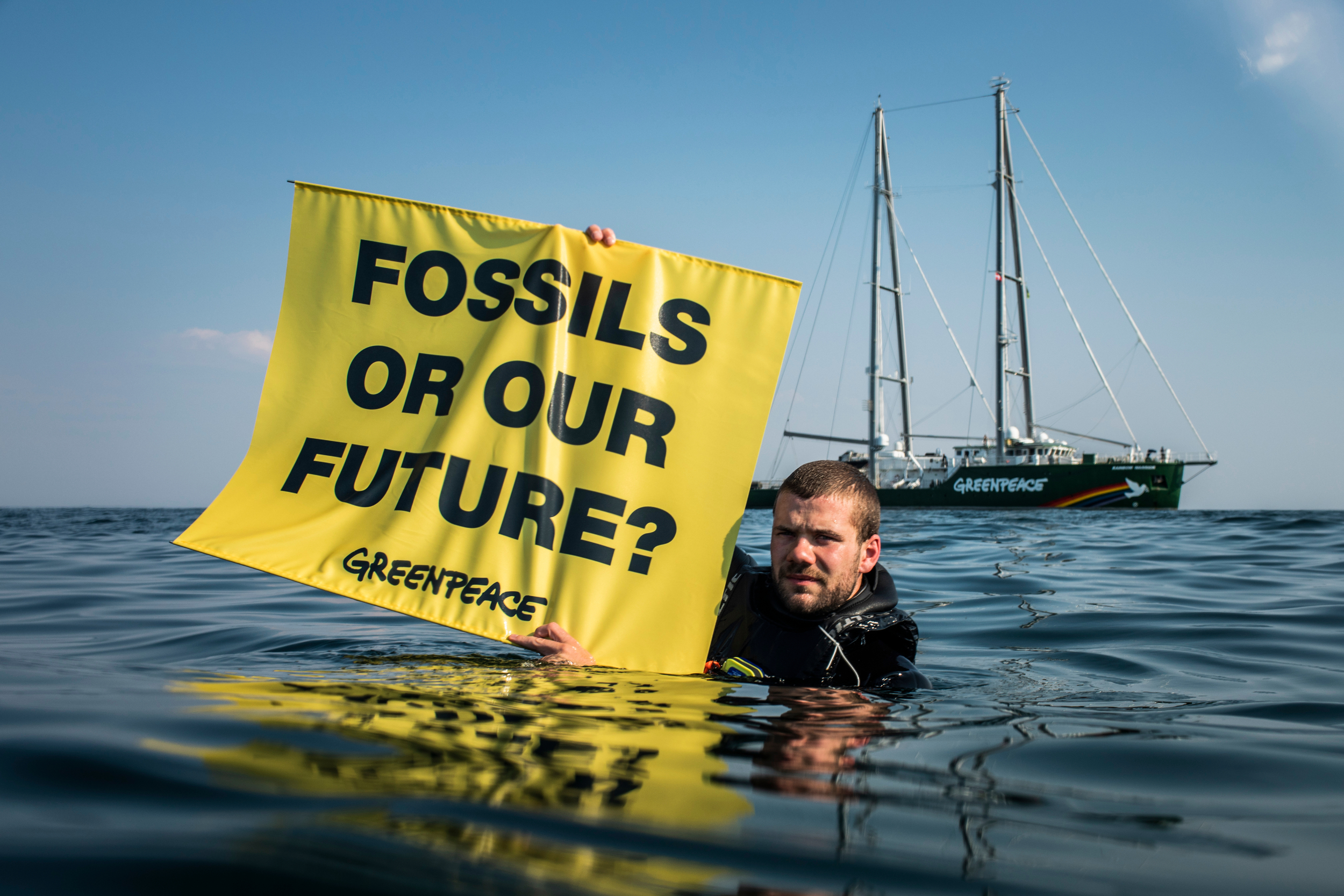When leading climate scientists wrote to Prime Minister Christopher Luxon, warning him that his climate policy was “ignor[ing] scientific evidence”, he dismissed them out of hand.
Rather than reading what they had to say, he called them “worthies” and reached for his favourite dairy industry soundbite: “New Zealand has the most climate-efficient dairy in the world.”
But do we, actually?
No.
If Luxon had read the one scientific paper that this claim rests on, he would have known that even the scientists behind this study say the evidence isn’t robust enough to back up this claim.
The dictionary definition of worthy is “having qualities that deserve your respect or attention”. But respect and attention seem to be the last thing on Luxon’s mind when it comes to hearing what scientists have to say.
In Christopher’s Council of Cronies, it seems it’s all about who you know, not what you know.
A Spinoff investigation revealed that Luxon made appointments to his science, innovation and technology advisory council based not on candidates’ scientific qualifications, but based on text messages from chums.
Scientists have expressed alarm at the fact that half of the members of this advisory council have no academic scientific background, but instead come from the agriculture sector. Indeed the chummy text correspondence led to Luxon recommending a Fonterra manager with no science background into the role.
This isn’t a one-off.
Luxon’s Government named a former DairyNZ staff member as its chief science advisor. Yes, the same DairyNZ that exists to lobby in the interests of the dairy industry – New Zealand’s biggest polluter.
Then there’s the Climate Change Commission – our independent, science-based body that exists to advise on climate policy. The Commission advised that New Zealand needs to cut methane emissions from livestock more ambitiously. So Luxon conveniently set up a parallel panel. Its job? To deliver the answer the livestock lobby wanted. And guess who chaired that panel? A former Fonterra director. You can’t make this stuff up.
But there’s more! Thanks to an Official Information Act request by Greenpeace, we know that someone in the Climate Minister’s office did fact-check livestock lobbyists’ claims about methane. But the Government is refusing to release that document. Why fact-checking the claims of lobbyists should somehow be classified information is curious indeed. (We have challenged the decision to withhold this information. Stay tuned.)
Luxon’s council of cronies isn’t just stopping climate action.
The issue doesn’t stop at climate change. The dairy industry is also the number one cause of water pollution in Aotearoa, driving lakes and rivers to breaking point and even poisoning people’s drinking water.
 © Angus Robson
© Angus RobsonPublic health scientists are raising the alarm about growing levels of nitrate contamination in groundwater. Rural New Zealanders are being exposed to drinking water nitrate levels that have been linked to higher risk of health conditions such as bowel cancer and preterm birth.
And yet, instead of listening to scientists and acting to prevent water pollution, Luxon’s Government is going in the opposite direction: scrapping protections for rivers, lakes, and drinking water. Why? Because that’s what the dairy lobby wants. Literally. They wrote many of the policies and communications plans that the Government is now using.
This isn’t policymaking. It’s a group chat with consequences.
Livestock lobby groups represent a small, powerful minority. Most New Zealanders don’t have that kind of access to the halls of power. What we do have is the expectation that our elected leaders will use the best available evidence to make good decisions – for our climate, our natural environment, and our health.
Because Luxon and the Government’s job is to serve the public interest. Not to moonlight as a PR firm for Big Dairy.




